Mangs denies the crimes. He was remanded in custody in early November, facing one charge of murder and five charges of attempted murder. A negotiation for detention hearing will be held on Tuesday.
“The 38-year-old suspected serial shooter in Malmö is suspected of two additional murders,” chief prosecutor Solveig Wollstad told TT on Monday, adding that she submitted a new detention request the same day.
The two additional murders involve the killings of two men in two different apartments in Malmö’s Lindängen district in 2003. The incidents took place on the same street a month and a half apart.
Polie did not find any evidence that tied the two cases together. A 66-year-old man was found shot to death in his apartment on June 14th, but the crime probably took place the day before.
The second victim was a 23-year-old man who was shot to death outside his residence on July 28th he was on his way to work. Both victims were of foreign origin and lived near each other.
The elderly man had been robbed, but 23-year-old’s wallet was left behind with a large amount of money.
The suspicions “are sufficient for me to remand him in custody for credible motives,” Wollstad told TT on Monday.
The suspect denies the crime, according to investigation leader Börje Sjöholm.
“However, he is conversing,” he said.
Sjöholm said he would not rule out the possibility that the man may be a suspect in more crimes.
“However, on what type of crime it may be, I have no any idea. We are working on it and there are shootings that we are looking at,” he said.
He added that a wide-ranging investigation remains at hand. Police and the prosecutors will hold a press conference after the meeting on Tuesday.
“They will report on the investigation,” said Lars-Håkan Lindholm, communications officer at Skåne police.
Separately, Mangs is also suspected of suffering from a serious mental disorder.
He was arrested early November following weeks of a police manhunt for a sniper as shootings targeting immigrants intensified. He had a licence for two weapons and was described as a loner.
The incidents in Malmö, Sweden’s third largest city, bore chilling similarity to the case of a gunman who targeted immigrants in Stockholm in the early 1990s, dubbed “Laser Man.”
The Laser Man, John Ausonius, shot 11 people of immigrant origin, killing one, around Stockholm from August 1991 to January 1992. Ausonius, who got his nickname by initially using a rifle equipped with a laser sight, was jailed for life in 1994.

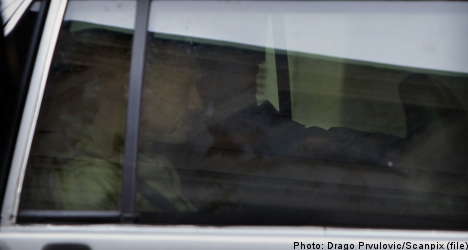
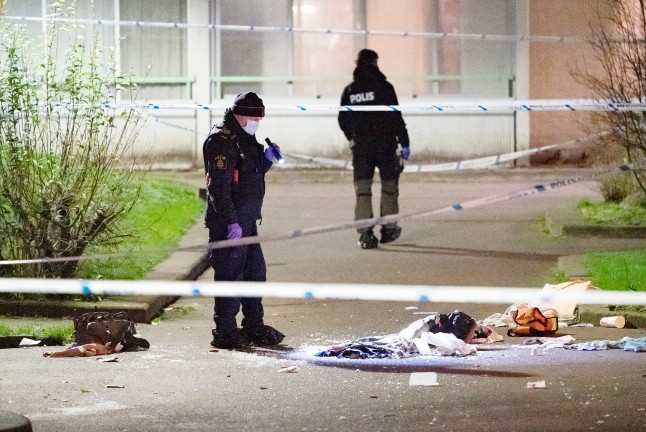
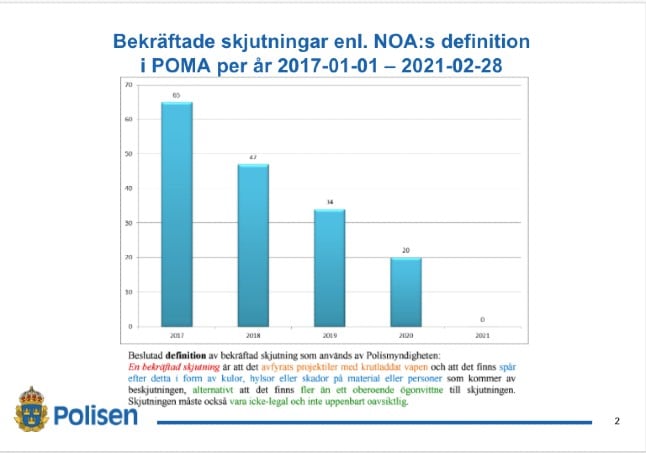
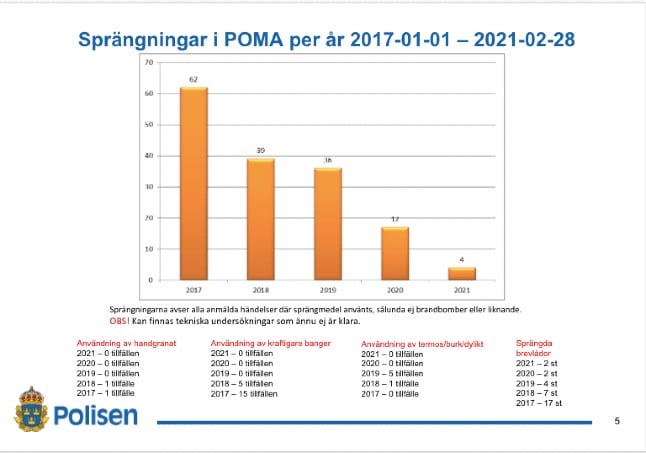
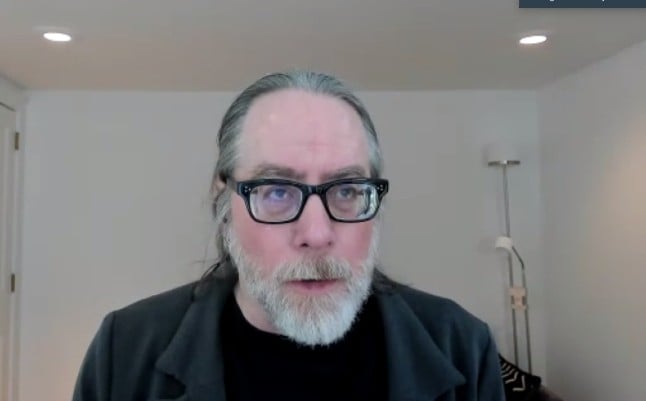
 Please whitelist us to continue reading.
Please whitelist us to continue reading.
Member comments